United Nations Secretary-General Antonio Guterres on Tuesday called for global consensus on ending the biodiversity crisis that has threatened the survival of humankind.
"Our two-century-long experiment with burning fossil fuels, destroying forests, wilderness and oceans, and degrading the land, has caused a biosphere catastrophe," Guterres said in his speech via video at a UN conference held in China.
The 15th meeting of the Conference of the Parties to the UN Convention on Biological Diversity, known as COP15, kicked off Monday in Kunming, the capital of southwest China's Yunnan Province.
Themed "Ecological Civilization: Building a Shared Future for All Life on Earth," the first part of the conference will last until Friday, with parallel activities featuring forums on topics including climate change and ecological conservation. The second part of the meeting, which is expected to be held next year, will review and make a decision on the "post-2020 global biodiversity framework," a blueprint for biodiversity conservation for the next decade.
He thanked China for hosting the meeting to create a framework, which identifies targets for urgent action.
"We need bold actions," he said, calling for support to the legal right of all people, to tackle the drivers of biodiversity loss, to transform national and global accounting systems, and support to developing countries, including significant financial resources and technology transfer, among others.
The UN chief described humanity's interference with nature as a "suicidal war" and stressed that "we are losing" it.
"The rate of species loss is tens to hundreds of times higher than the average of the past 10 million years -- and accelerating. Over a million species of plants, mammals, birds, reptiles, amphibians, fish and invertebrates are at risk -- many within decades," Guterres said.
"Ecosystem collapse could cost almost three trillion U.S. dollars annually by 2030," he said, stressing that its greatest impact would be on developing countries.















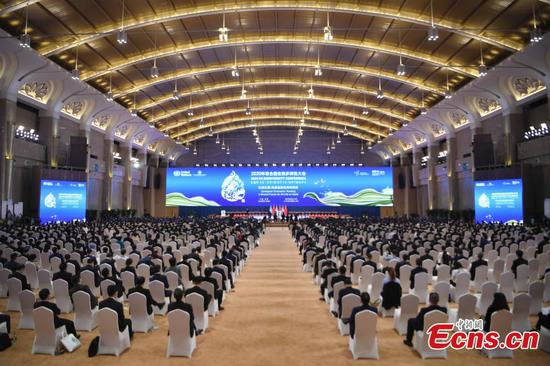

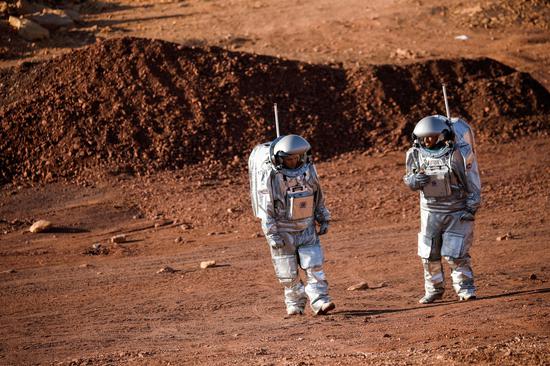
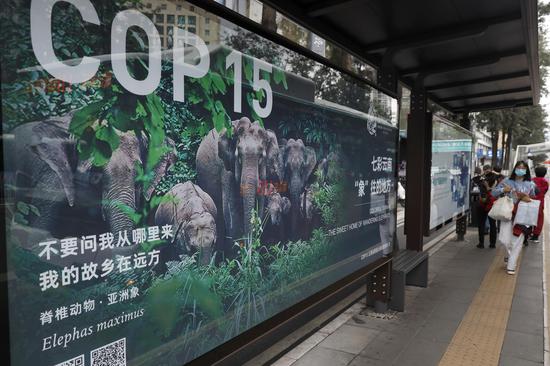











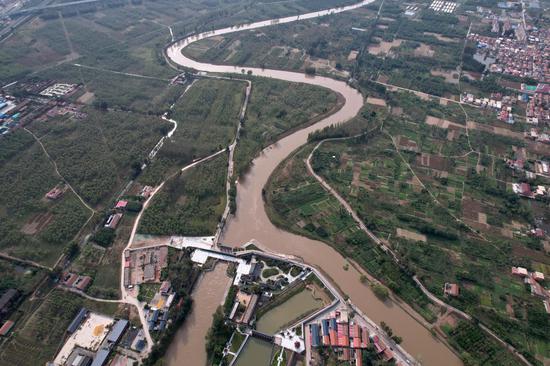


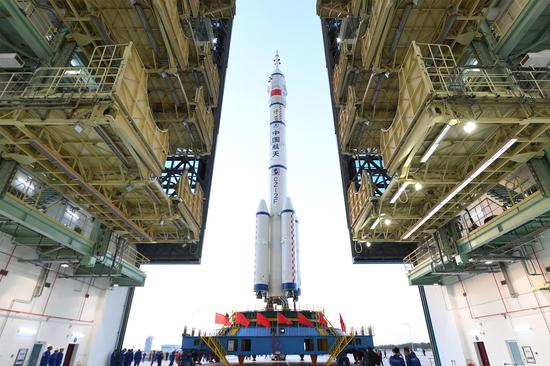
















 京公网安备 11010202009201号
京公网安备 11010202009201号